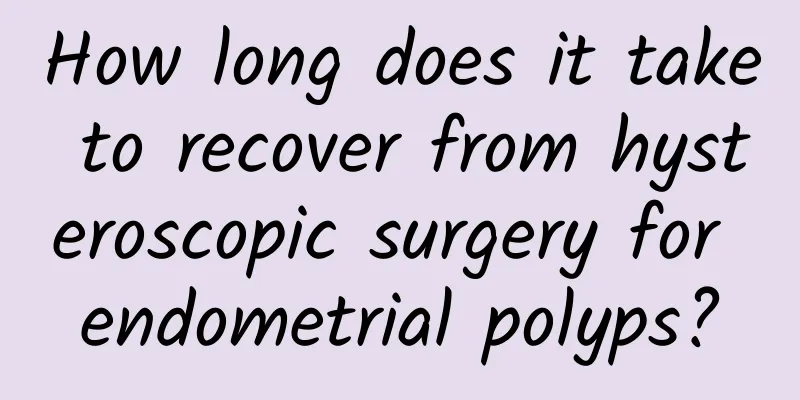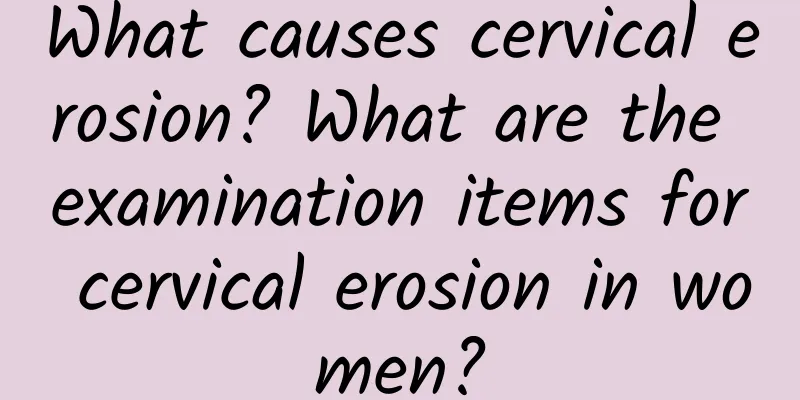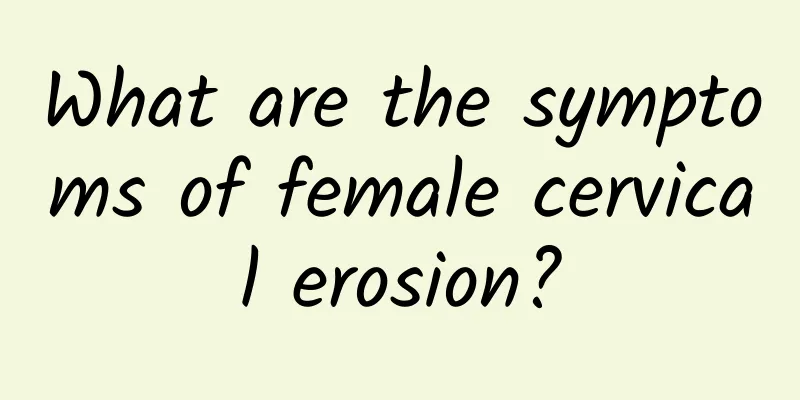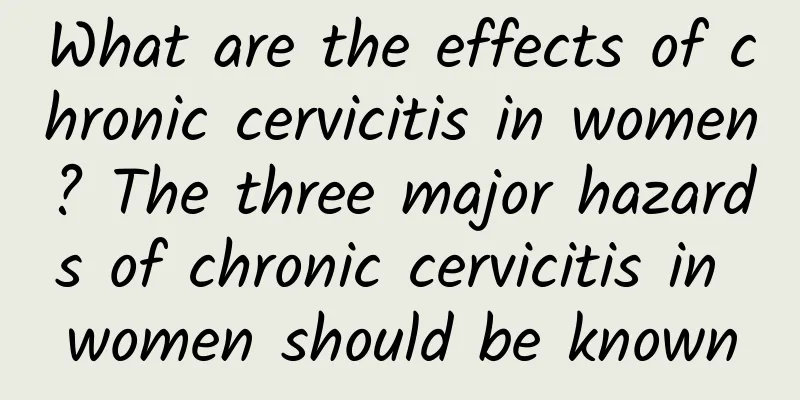How long does it take to recover from hysteroscopic surgery for endometrial polyps?

|
It usually takes 1-2 weeks to return to normal life after hysteroscopic surgery for endometrial polyps, and full recovery may take about 1 month. The recovery time after surgery varies depending on individual constitution, the extent of surgery, and postoperative care. 1. Postoperative recovery time Hysteroscopic surgery is a minimally invasive surgery with less trauma. Most patients can return to normal life within 1-2 weeks after surgery. There may be mild abdominal pain and a small amount of bleeding on the day of surgery, which usually subsides within 2-3 days. It takes about 1 month to fully recover, and strenuous exercise and sexual intercourse should be avoided during this period. 2. Postoperative care measures Postoperative care is essential for recovery. Patients need to rest and avoid heavy lifting and strenuous exercise. The diet should be light and rich in protein and vitamins, such as eggs, fish, fresh vegetables and fruits. Avoid bathing in a tub within 2 weeks after surgery and keep the vulva clean to prevent infection. 3. Postoperative drug treatment To prevent infection and promote recovery, doctors usually prescribe antibiotics, such as cephalosporins or amoxicillin, for 3-5 consecutive days. To prevent the recurrence of polyps, progestin drugs, such as dydrogesterone or progesterone, may be used and taken regularly as prescribed by the doctor. 4. Postoperative follow-up A follow-up examination is required one month after surgery, including ultrasound examination and hysteroscopy to evaluate the effect of the surgery and the recovery of the endometrium. If there is abnormal bleeding or persistent abdominal pain, seek medical attention immediately. Recovery after hysteroscopic surgery for endometrial polyps is relatively fast, but you need to strictly follow the doctor's advice for postoperative care and follow-up. Maintaining a good lifestyle will help promote recovery and reduce the risk of recurrence. Avoid strenuous exercise and sexual intercourse within 1 month after surgery, and have regular follow-up to ensure good health. If you feel unwell, communicate with your doctor in time. |
>>: Can cervical erosion be used to detect pregnancy?
Recommend
What to look out for when diagnosing pelvic inflammatory disease
Work pressure is getting higher and higher, time ...
What are the symptoms of endometritis and pelvic inflammatory disease?
The symptoms of endometritis and pelvic inflammat...
Will I have miscarriage if I get pregnant again after a caesarean section one year? How should I deal with a pregnancy within a short period of time after a caesarean section for the first child?
How to choose the abortion method if you get preg...
Three tips for checking each batch of imported hairy crabs and eating them safely
Chinese hairy crabs have regrouped and are headin...
Love matcha but worried about the high calories? Homemade 3-course matcha light meal with zero burden!
In recent years, the matcha trend has risen in Ja...
How to diagnose congenital absence of vagina
Experts told us that many patients with congenita...
8 life-saving keys you must know to lose weight! Quick notes to help you fight obesity, aging and disease
Eating too much will not necessarily make you fat...
To avoid illness, nourish the spleen and stomach first (Part 1)
[Protect the spleen and stomach, strengthen the b...
Is ovarian cyst surgery expensive?
Is ovarian cyst surgery expensive? Ovarian tumors...
What are the main reasons for irregular menstruation?
What are the main reasons for irregular menstruat...
Atractylodes macrocephala, ginger and jujube paste can be used for the dietary treatment of cervical erosion
Patients with cervical erosion can choose appropr...
Threatened abortion treatment options
With the continuous progress of society and the a...
What is the cause of congenital absence of vagina in women?
What is congenital absence of vagina? Most patien...
Why does my menstrual period come a little bit when it’s dark?
Why does my menstrual period come a little bit wh...
What are the common symptoms of uterine fibroids?
Nowadays, uterine fibroids are a common tumor dis...









